An interest in memory and the brain led Lisa Barnes ’89 to neuropsychology, and when she landed a faculty position at Rush University in Chicago, her hometown, she began working with a study focused on Alzheimer’s disease. She used that, she says, to get her “feet wet” and then leveraged the experience into funding her own study.
“I knew that I was interested in health disparities,” she says. “I knew that I wanted to do something that had an impact on the African American community.”
The 800 participants in her cohort enroll when they are healthy, so Lisa and her team can collect data about what happens as they age. The National Institute on Aging has funded her work for almost 20 years, and she has received additional funding from the National Institute on Minority Health and Health Disparities.
“African Americans are almost twice as likely to develop Alzheimer’s disease compared to white counterparts,” she says, “and it’s not really known why.”
Her work has shown that many risk factors correlated with Alzheimer’s disease overlap across racial or ethnic groups. But she has also found differences. “Things like experiences of discrimination, early life factors, like where you grew up, and what your educational experience was when you were younger, all of those things seem to have an impact on the aging trajectory,” she says.
One of Lisa’s goals is to change how members of the Black community react to memory changes as they age. “The thing that happens with these minoritized communities is that we wait until it’s too late to do anything, because either we think that whatever’s happening to our memory is normal, and that it’s supposed to happen because we’re getting older, or that there’s really nothing that can be done about it, so why intervene?” She and her colleagues educate the cohort—and the broader Black community—about the cognitive activities that can help prevent or slow disease onset.
“It’s very challenging to get people, older African Americans, to want to do research because of the legacy of abuse,” she says. That includes forced sterilizations and medical experiments without the participants’ knowledge or consent. She hopes that after two decades, her work is starting to reverse that reluctance.


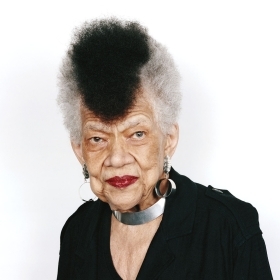

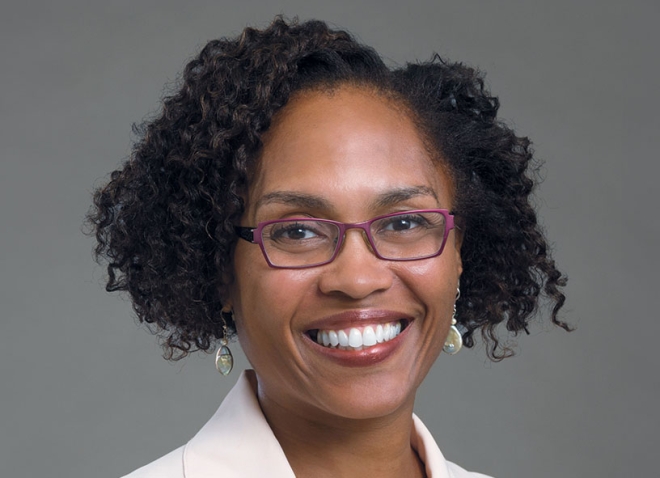
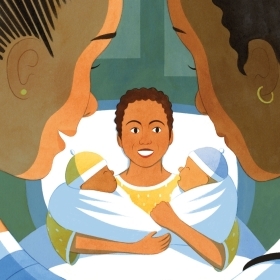
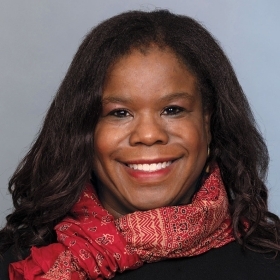
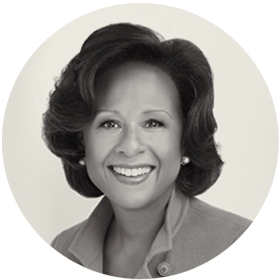
We ask that those who engage in Wellesley magazine's online community act with honesty, integrity, and respect. (Remember the honor code, alums?) We reserve the right to remove comments by impersonators or comments that are not civil and relevant to the subject at hand. By posting here, you are permitting Wellesley magazine to edit and republish your comment in all media. Please remember that all posts are public.